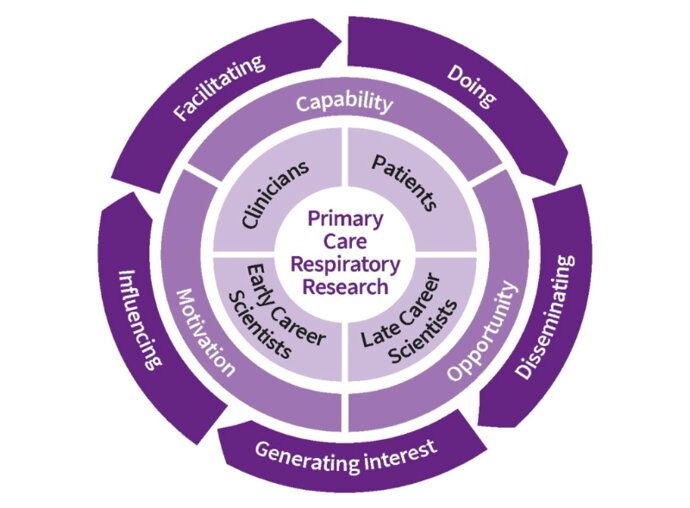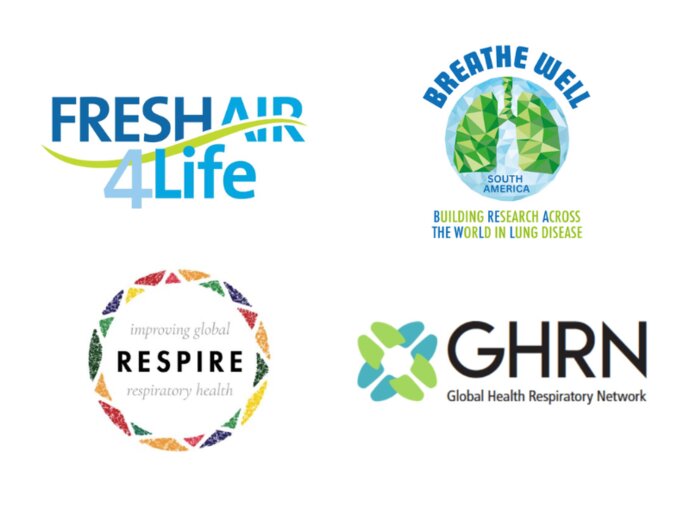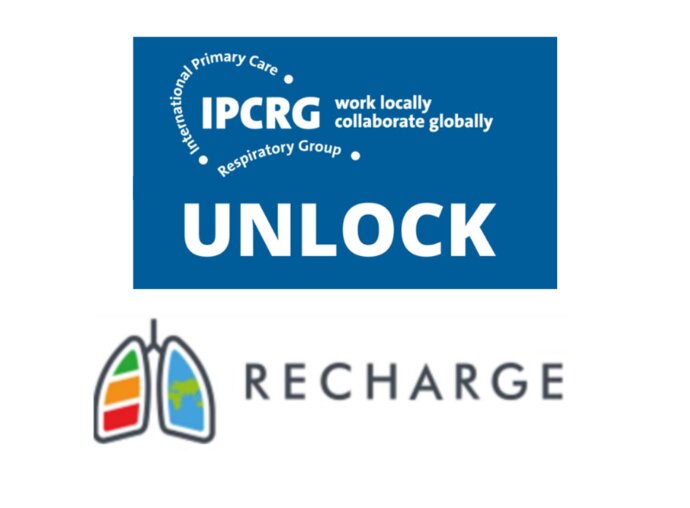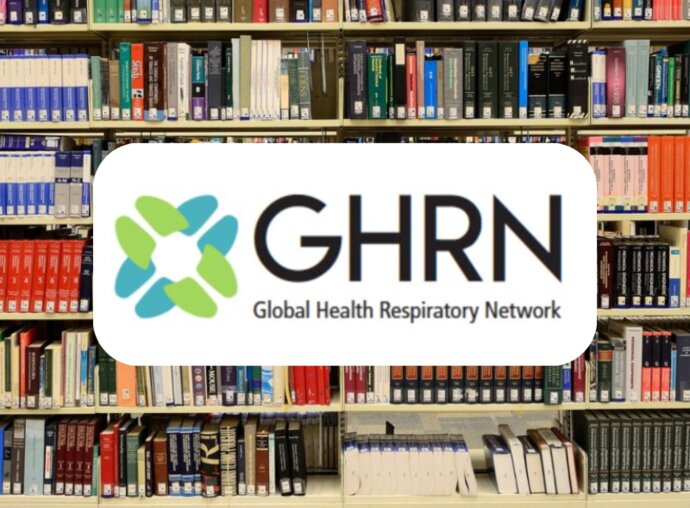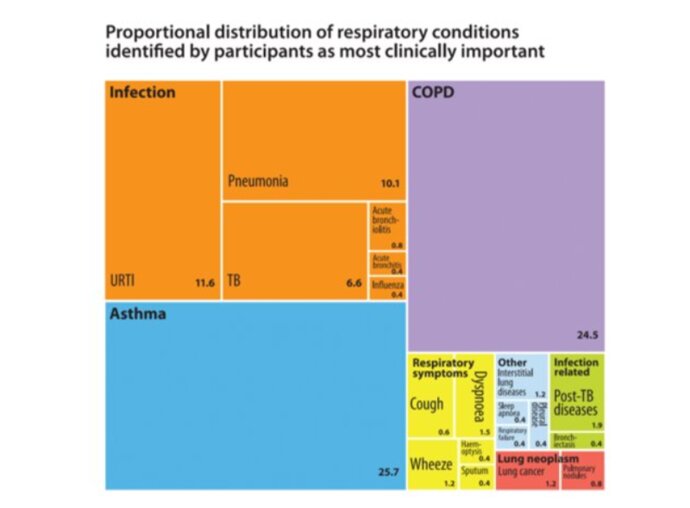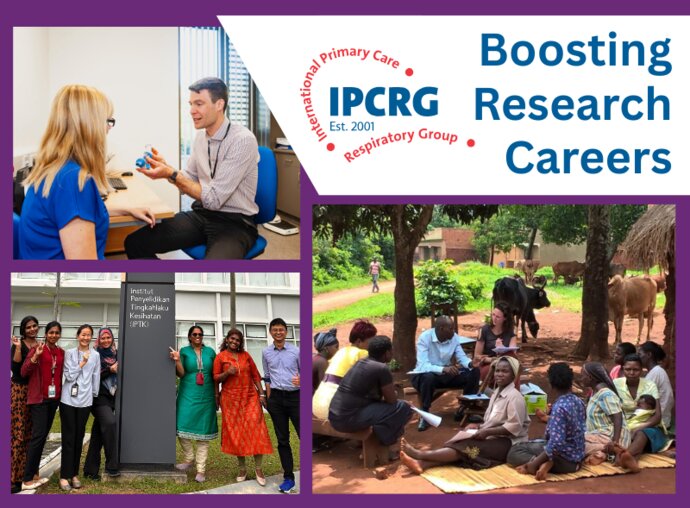1
IPCRG contributes to the primary care and respiratory research landscape through direct research, through surveys and analysis of routine data, through partnering in research projects and collaborations, by facilitating our country members to engage with academic institutions, through guiding and influencing research by listening to and representing the primary care voice and by disseminating research evidence for public benefit through our extensive networks, and through our journal npjPCRM published by Springer Nature.
Read more below about our research strategy, involvement in collaborations, our research prioritisation exercise and how we help researchers build their careers in primary care and respiratory research.
